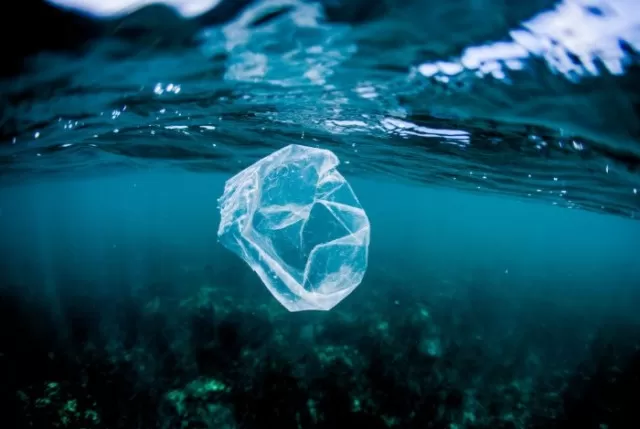8 Reasons to Ditch Plastic in Your Kitchen (Part 2). The Evolution of Plastics: From Substitutes to Environmental Concerns . The history of plastics is a fascinating journey from their early invention in the 1860s to their current role in modern society. Initially, plastics were hailed as innovative substitutes for natural materials like ivory and tortoiseshell. Celluloid, which was invented in 1869, was particularly celebrated as a material that could potentially save elephants and tortoises from exploitation.
However, as we fast-forward to today, our perspective on plastics has evolved. While plastics have undoubtedly revolutionized various industries and become a ubiquitous convenience in our daily lives, they are now often seen more as a growing environmental and health concern than as saviors of natural resources.
Plastics’ durability and resistance to degradation have led to widespread pollution in our oceans, harm to wildlife, and the release of microplastics into the environment. Moreover, concerns about the potential health effects of certain chemicals used in plastic production have emerged.
As a result, there has been a global shift towards acknowledging the environmental impact of plastics and the urgent need to reduce, reuse, and recycle them. Efforts are underway to find sustainable alternatives, reduce single-use plastics, and promote responsible consumption and disposal practices.
While plastics remain a valuable and Versatile material, their complex history serves as a reminder of the importance of responsible stewardship and innovation to address the challenges they present in today’s world.
Our Global Responsibility: How Consumption Habits Affect Others

It’s eye-opening to realize that our consumption habits have far-reaching consequences, even beyond our own borders.
The practice of exporting a significant portion of plastic waste from the United States to other countries, as reported by The Guardian, highlights the interconnectedness of our world and the need for responsible consumption.
The fact that not all countries are willing to continue processing this plastic waste underscores the urgency of finding sustainable solutions.
As individuals, we can play a vital role in reducing plastic waste and its impact on the global environment.
One small step we can take is to be mindful of the types of plastic food containers we use and discard.
By choosing alternatives to single-use plastic containers, we can significantly reduce our contribution to the plastic waste problem. This might involve opting for reusable containers, encouraging businesses to use eco-friendly packaging, or even embracing the concept of zero-waste living.
In our quest to cut down on plastic waste, every choice we make matters.
By collectively making more environmentally conscious decisions, we can work towards a world where the impact of our consumption habits is less harmful to others and the planet as a whole.
Saving Both the Earth and Your Wallet: Embracing Reusable Alternatives

Reducing plastic usage isn’t just an environmentally conscious choice; it can also lead to financial savings.
The everyday expenses associated with disposable items like ziplock bags for various purposes can add up significantly over time.
Switching to reusable alternatives, such as cloth sandwich and snack wraps, can help you not only contribute to environmental sustainability but also cut down on your monthly expenses.
These eco-friendly choices often pay for themselves after just a few uses.
Moreover, many online tutorials provide Step-by-Step Instructions for making your own wraps at home, allowing you to customize them to your preferences and needs.
Alternatively, you can invest in ready-made sets that align with your lifestyle.
By making such conscious choices, you not only reduce your ecological footprint but also have a positive impact on the environment by sending a message to companies about the demand for sustainable products.
Companies are increasingly responsive to consumer choices, and your decision to embrace reusable options can encourage them to provide more eco-friendly alternatives, benefitting both you and the planet.
Crafting the Perfect Kitchen: Balancing Beauty and Durability

A truly stunning kitchen is not just about aesthetics; it’s also about longevity and sustainability.
When designing your dream kitchen, it’s essential to choose elements that not only look beautiful but are built to withstand the test of time.
This same level of care should extend to selecting dishware and accessories.
While disposable or low-quality items may degrade, chip, or break over time, investing in attractive, high-quality plates, glasses, mixing bowls, and serving ware can prove to be a legacy that endures for generations. These items not only serve their functional purpose but also contribute to an atmosphere of love and tradition within your home.
Furthermore, when stocking your kitchen with long-lasting items, you create an inviting environment that envelops friends and family with warmth and a sense of continuity when they enter your home.
It’s a thoughtful way to enhance the experience of sharing meals and creating memories in a space that is both beautiful and built to last.
*The information is for reference only.